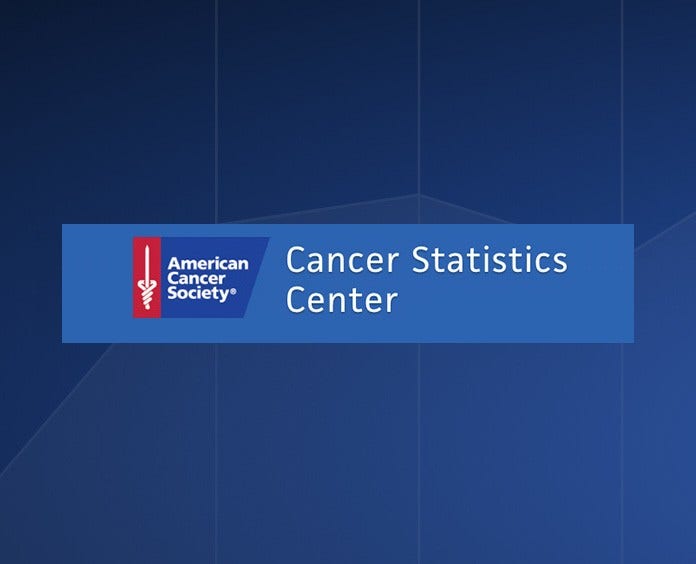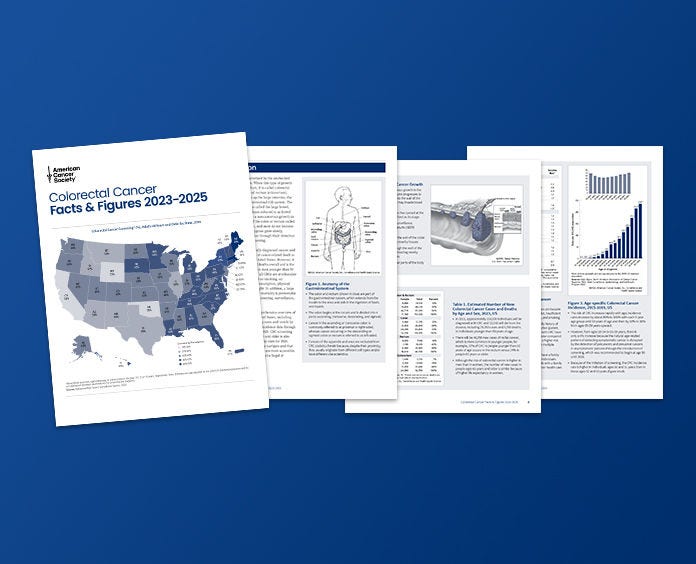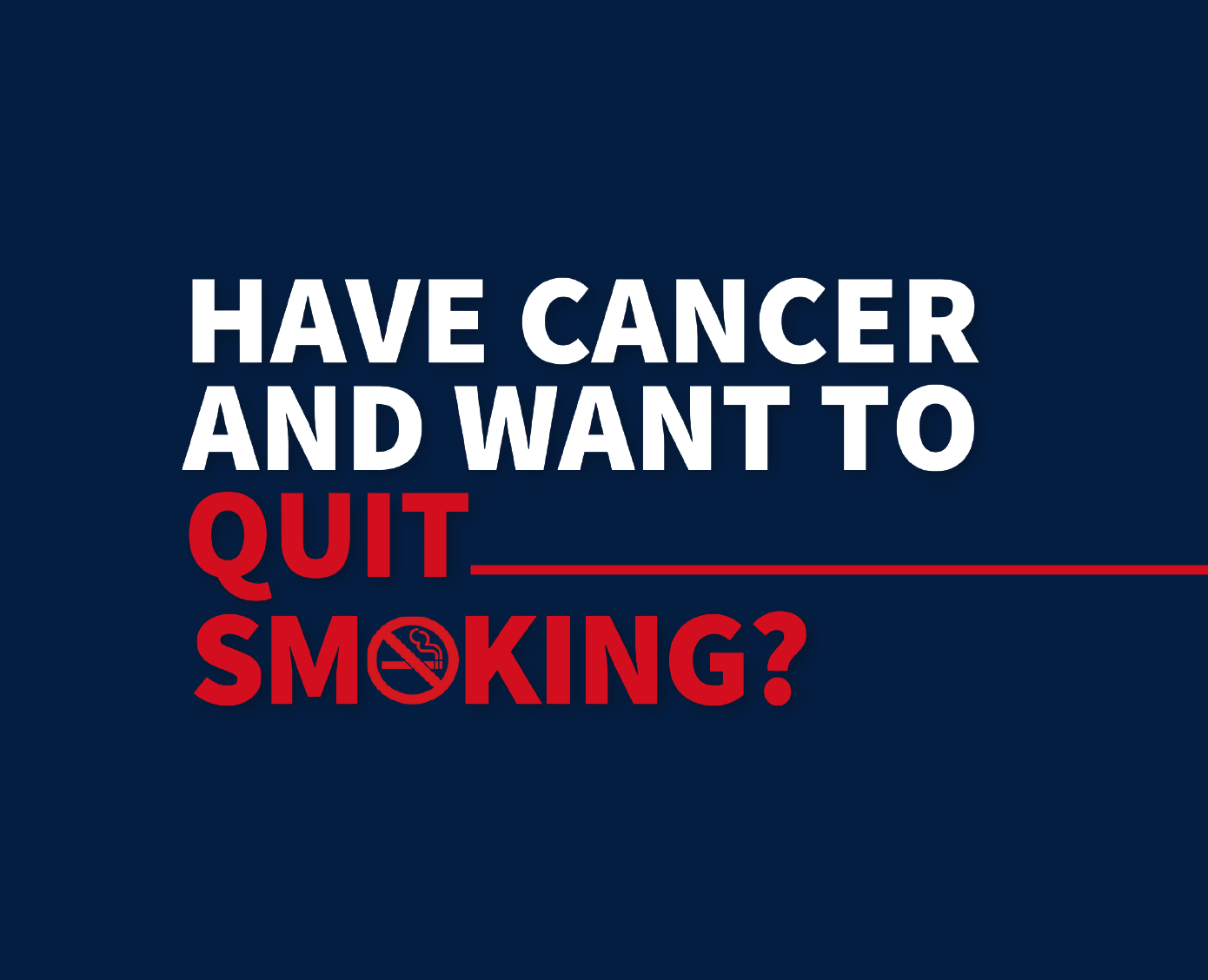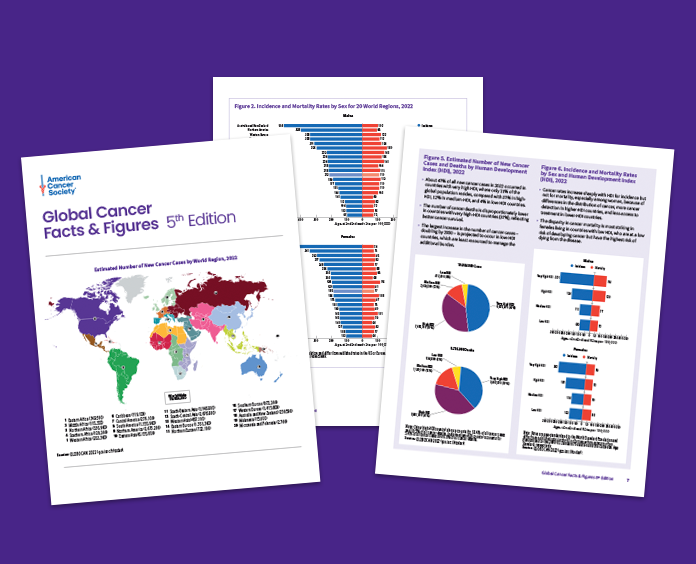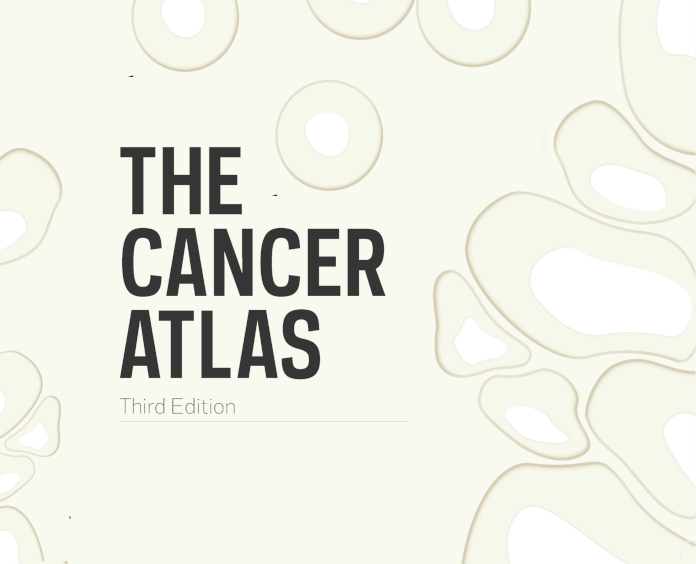Cancer Facts and Statistics
The American Cancer Society (ACS) projects the numbers of new cancer cases and deaths expected each year to estimate the contemporary cancer burden because cancer incidence and mortality data lag 2 to 4 years behind the current year.
The regularly updated Facts & Figures publications present the most current trends in cancer occurrence and survival, as well as information on symptoms, prevention, early detection, and treatment.

